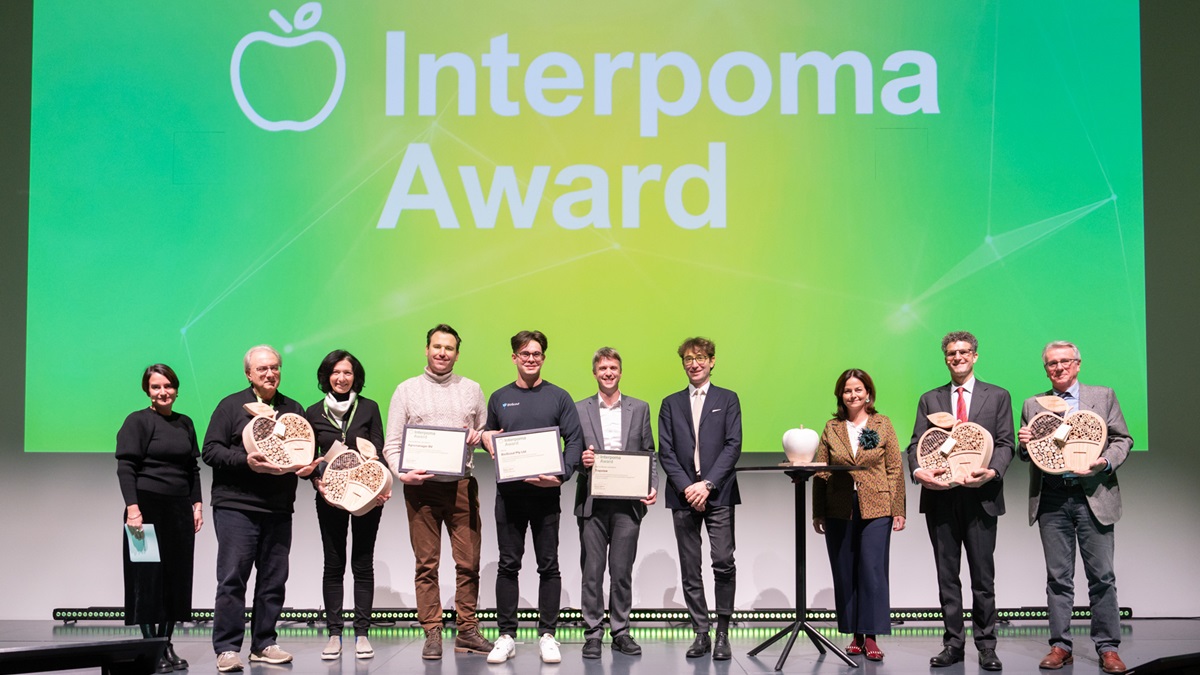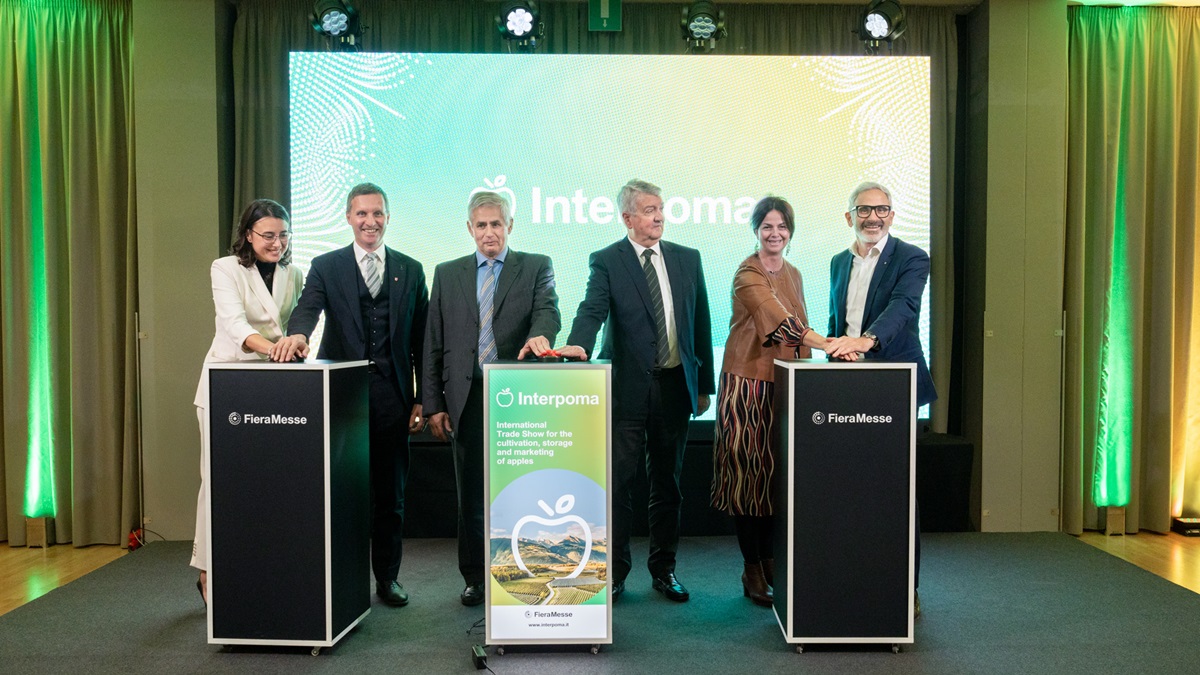

Interpoma
Services
Reducing Fruit Losses in India and Sri Lanka using Nanotechnology
A co-operative project under the Canadian International Food Security Research Fund aims to integrate discoveries using nanotechnology to develop a simple and low-cost system that prolongs freshness and improves the quality of highly perishable fruits for adoption in India and Sri Lanka. The University of Guelph in Canada has invented a patented technology that reduces
11 February, 2020
A co-operative project under the Canadian International Food Security Research Fund aims to integrate discoveries using nanotechnology to develop a simple and low-cost system that prolongs freshness and improves the quality of highly perishable fruits for adoption in India and Sri Lanka. The University of Guelph in Canada has invented a patented technology that reduces post-harvest losses and the Tamil Nadu Agricultural University in India has developed a nano-film to extend the shelf life of fruits and vegetables. Similarly, the Industrial Technology Institute in Sri Lanka has a bio-wax formulation that helps to reduce post-harvest damage. The research project will be under Dr K S Subramanian, Nanotechnology Center, Tamil Nadu Agricultural University, India, Dr Shanthi Wilson Wijeratnam, Industrial Technology Institute, Sri Lanka, and Dr Jayasankar Subramanian, University of Guelph, Canada. The funding is with $2.3 million Canadian dollars over the period of March 2012 to August 2014. The project is set among the problems that India and Sri Lanka produce an abundance of vegetables and tropical fruits, but post-harvest losses are between 35 and 40% and are valued at about $800 million annually. Mangoes are the second largest fruit crop in terms of production in India and the third largest crop in Sri Lanka, but a lack of good storage facilities is hampering efforts to expand production. The losses affect the livelihoods of nearly one-third of the population, the majority being small-holder farmers. Reducing these losses can not only improve farmers? incomes but could also encourage more consumption of the highly nutritious fruit in a region where per capita consumption is only half of the recommended level. ? For more information, contact Sara Ahmed, Senior Program Specialist, New Delhi, India, at sahmed@idrc.ca or Susan Robertson, Senior Program Officer, Ottawa, Canada, at srobertson@idrc.ca. ?? ? Sources: International Newsletter on Plant Pathology, ISPP Newsletter 42 (10) October 2012 The picture shows the grader Oneway II-152, by Maf Roda, selecting mangoes. ? ?











